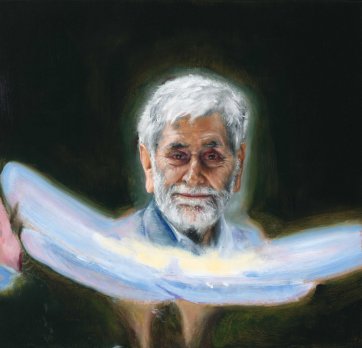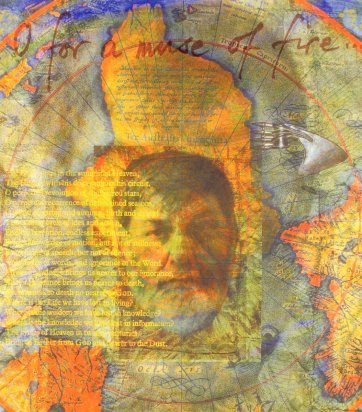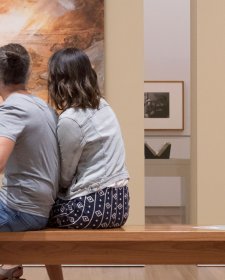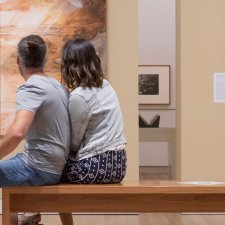- I think what the significant thing about my interests is the emphasis on complexity, on the complexity of the human mind and what the human mind is capable of taking on. Look, the way in which I developed is very much because I was literally a creature of my time. I was born in the first third of the 20th century, just, only by a few months, but just. And that meant that as a child, I was exposed to what we called then the Great Depression, and I was aware of what was going on in Europe and aware of what the Japanese were doing in China in the 1930s. This is before Pearl Harbour. My mother was really, I think, quite embarrassed by my expressions of concern about these issues. If anything, my support and inspiration really came from my grandmother who was a great character, but a generation earlier. She recognised something in me and she was a tremendous enthusiast and a tremendous encourager, but she had her own siblings and they too recognised that there was something, that I had some sort of quality which ought to be developed. So in a way, I'd say that the kind of political philosophy that's driven me all my life has actually been in my mind for more than 70 years, closer to 80 years. I started doing law and I worked as a public servant in what was called the Title's Office. But then later on, I worked briefly for an oil company. I find it hard to believe now, but as a sort of government representative. But then I went into teaching and then came back to the law later and then went on and became a history lecturer at Latrobe University. And then from there, I was in legal practice for a while and then went into the Victorian State Parliament, then after five years in the Victorian Parliament, transferred to the Federal Parliament and I was there for just on 21 years. I was anxious, quite anxious to go into the Victorian Parliament for one particular reason, and that was to ensure the abolition of the death penalty, because the death penalty had been a very central issue for me and the role that I played as the Secretary of the Victorian Anti-Hanging Committee. So it meant that contributing to the abolition when the legislation came through in 1975, that was one of the great experiences.
- [Interviewer] One of the other things was this notion of climate change, which you raised a lot earlier than anybody else seems to have picked up on it.
- Well, I'm certainly the first person in politics to raise the issue. In fact, I had done a radio broadcast on it, an interview with an English guy who was a member of the House of Lords, but who was in effect, a scientific journalist called Richie Calder. And that was as early as 1967. So I was aware of it over a very long time. But it was something that I wrote about constantly and it's an endless preoccupation. I've always been a fan of Louise and at last, I thought she'd never ask, but she said she'd like to do a portrait of me and I think it might have been partly triggered off because remember she'd won the Archibald Prize with her painting of Barry Humphreys, who was a near contemporary of mine at University of Melbourne. So, she did these wonderful drawings and then devoted a lot of time to getting the painting and getting it absolutely right. And then in 2019, out it came, and I loved it right from the start. When I watched a variety of programmes, quiz programmes, which there were a lot, it was obvious that I had the kind of memory, the kind of skills that would mean I'd be fairly satisfactory. Of course, I had a very long period on "Pick A Box" where I became a household name. And for a while, I found that in a way afterwards, I used to get a bit irritated that you'd often come across people who would say, oh, I remember you on "Pick A Box", what are you doing now? And I then have to say, well, actually, I'm a minister in the Commonwealth Government, but to them the most important thing was having been on the quizzes. Then they'll say, and what you said about ideas and about concepts and so on, was so important that it stuck in my mind. The approach that I used in answering questions, the analytical nature of what I was doing, that it was not a matter of simply searching through a memory bank and something to jump out. I had to always think in terms of context, what is the context of the question.
- [Interviewer] It's a silly question to ask Barry Jones who likes complexity, but let's try it anyway. I sometimes ask our subject, what three words would they use to describe themselves?
- Well, I suppose passionate, committed, unsatisfied, because I'm always searching out.















